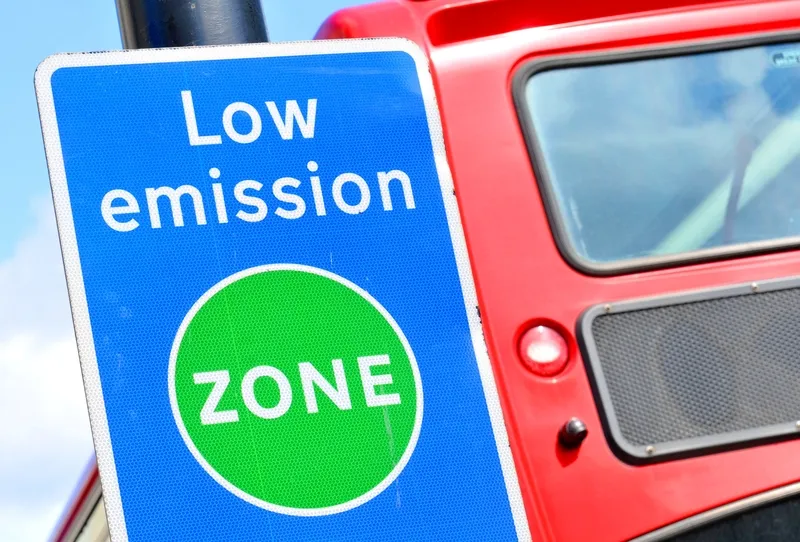
The Victoria government in Australia is to invest $20 million from its 2020/21 budget to investigate solutions to achieve a zero-emission bus fleet.
Over the next three years, the trial will test different technologies on buses and develop according to which solutions work best for riders and fleets.
The project is expected to support Victoria's commitment to achieving zero net emissions by 2050.
A statement issued by the premier of Victoria Dan Andrews’ website says the state’s first electric bus has saved 61 tonnes of carbon dioxide (CO2) emissions over 300 days.
It reveals the e-bus is now running on Route 251 between the city and Northland Shopping Centre, clocking up more than 32,900 km and travelling nearly 1,000 km on just two charges.
The bus uses 324 kW Lithium Phosphate batteries.
Ben Carroll, minister for public transport in Victoria, says: “Our buses get thousands of Victorians where they need to go. This investment will ensure a cleaner trip for our planet – and deliver hundreds of long-term jobs in the technology of the future.”
“We want Victoria to become a global leader in smart, sustainable transport solutions – backing our local manufacturing industry and the thousands of Victorians it employs,” he adds.
Measures are already being taken to introduce cleaner modes of transport in Victoria. In February, ComfortDelGro Australia secured a ‘green’ loan from OCBC Bank to finance a fleet of 50 hybrid buses in the state of Victoria.
Elsewhere in Australia, there are currently 40 hybrid buses operating in Melbourne and eight in Victoria’s Latrobe Valley.







